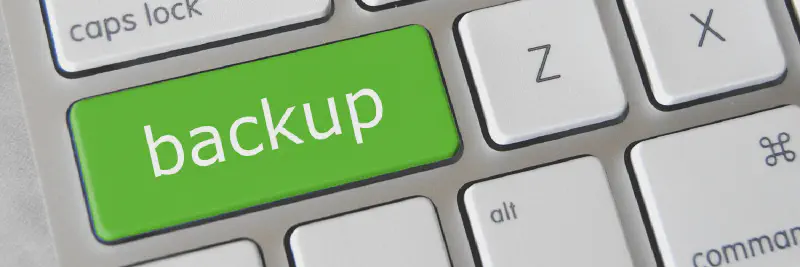Photo Albums
As someone born in the 80s, I grew up during the era of film photography. Although my family didn’t own a camera, I was fortunate that my grandfather was the first professional photographer in our hometown, so I had more childhood photos than most of my peers. To ensure their longevity, my family had all of the photos laminated.
A Fortunate Accident
Over a decade ago, I used an external hard drive to store my digital albums. One day, I accidentally formatted that hard drive while trying to create a bootable USB drive for Windows. I spent a restless night, hoping for the best. The next day, I went to a tech repair shop to see if my data could be recovered. I was initially hoping for just a 50% recovery, but to my surprise, everything was restored.
That experience left me with a heightened sense of responsibility when it comes to protecting my albums.
My Storage Methodology
I am somewhat obsessive when it comes to organizing my digital files. When I see someone’s computer desktop cluttered with unorganized icons and folders, I feel physically uncomfortable.
I don’t trust cloud storage services from mainland China and avoid storing important or private files on them. Foreign cloud storage services aren’t cost-effective. So I rely solely on local storage.
Unlike some who primarily use their phones, I’m very much computer-centric in my use of electronics. I don’t store photos long-term on my phone, nor do I use iCloud for storage. I regularly archive my phone’s photos to my computer and back them up on an external hard drive. After each backup, I immediately clear my phone’s albums to avoid confusion about which photos have already been archived. This approach also applies to my camera’s SD card—after each shoot, I back up the photos and clear the card, ensuring that I’m always prepared for unforeseen accidents, such as losing a phone or having an SD card failure.
My archives include software projects, albums, movies, TV shows, etc. Here, I will only focus on my albums. Over time, my directory structure has undergone several revisions due to changes in my thinking and circumstances.
-
Over 10 Years Ago: During the transition between film cameras and smartphones (the era of point-and-shoot cameras), my directory structure was simple. I had an album folder called “album,” with subfolders for each event, named in the format
yyyyMMdd-title. -
In 2018: After I got my first DSLR, I started taking more photos. With the idea of “don’t put all your eggs in one basket,” I began organizing my albums by year, such as
album-2022. -
In Late 2022: I started taking at least one photo or video daily to document my life. I then began creating a folder for each day within the yearly folder, using the format
yyyyMMddfor casual shots oryyyyMMdd-titlefor events. According to this method, the 2023 folder alone would contain 365 subfolders. -
Recently: I found that categorizing by exact days became too tedious and made it difficult to retrieve files, so I revised my structure once again.
My Latest Directory Structure
This method allows me to maintain a consistent, organized structure that adapts to different types of content and devices.
-
Organize album folders by year.
-
Each album folder contains two subfolders: casual and topic.
-
Casual: This is for everyday snapshots taken with my phone. I currently use an iPhone, which automatically organizes its media into folders by
yyyyMM, making it easy to transfer to an external hard drive. I don’t separate photos and videos into different folders. -
Topic: This is for specific events. The folder names follow the format
yyyyMMdd-title. If I use multiple devices, I create separate folders for each one. If both photos and videos were taken on the same device, I further separate them into Photos and Videos folders. If I shot a time-lapse with my camera, I create a subfolder namedsequence-xxxx(wherexxxxis the number of frames) inside the photo folder.
-
Sample case:
|
|
